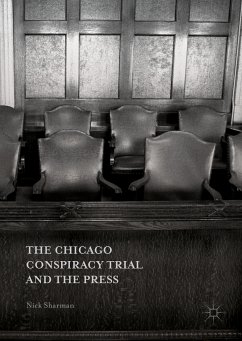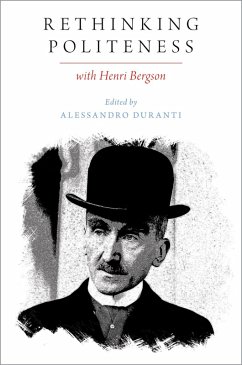
Democratic Orators from JFK to Barack Obama (eBook, PDF)
Versandkostenfrei!
Sofort per Download lieferbar
40,95 €
inkl. MwSt.
Weitere Ausgaben:

PAYBACK Punkte
20 °P sammeln!
How do leading Democratic Party figures strive to communicate with and influence their audience? Why have some proven more successful than others in advancing their ideological arguments? How do orators seek to connect with different audiences in different settings such as the Senate, conventions and through the media? This thoroughly researched and highly readable collection comprehensively evaluates these questions as well as providing an extensive interrogation of the political and intellectual significance of oratory and rhetoric in the Democratic Party. Using the Aristotelian modes of per...
How do leading Democratic Party figures strive to communicate with and influence their audience? Why have some proven more successful than others in advancing their ideological arguments? How do orators seek to connect with different audiences in different settings such as the Senate, conventions and through the media? This thoroughly researched and highly readable collection comprehensively evaluates these questions as well as providing an extensive interrogation of the political and intellectual significance of oratory and rhetoric in the Democratic Party. Using the Aristotelian modes of persuasion ethos, pathos and logos it draws out commonalties and differences in how the rhetoric of Democratic Party politics has shifted since the 1960s. More broadly it evaluates the impact of leading orators upon American politics and argues that effective oratory remains a vital party of American political discourse.
Dieser Download kann aus rechtlichen Gründen nur mit Rechnungsadresse in A, B, BG, CY, CZ, D, DK, EW, E, FIN, F, GR, HR, H, IRL, I, LT, L, LR, M, NL, PL, P, R, S, SLO, SK ausgeliefert werden.












